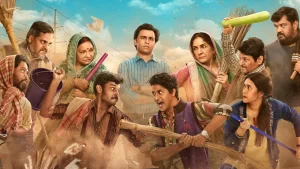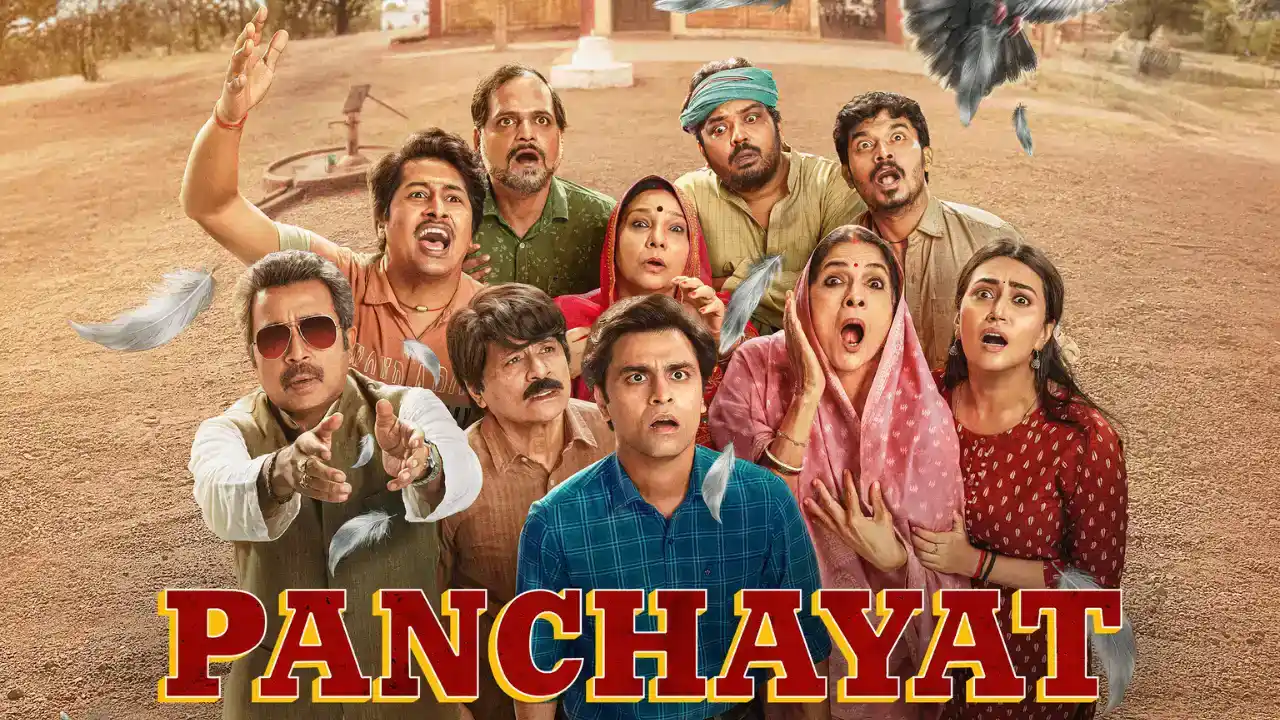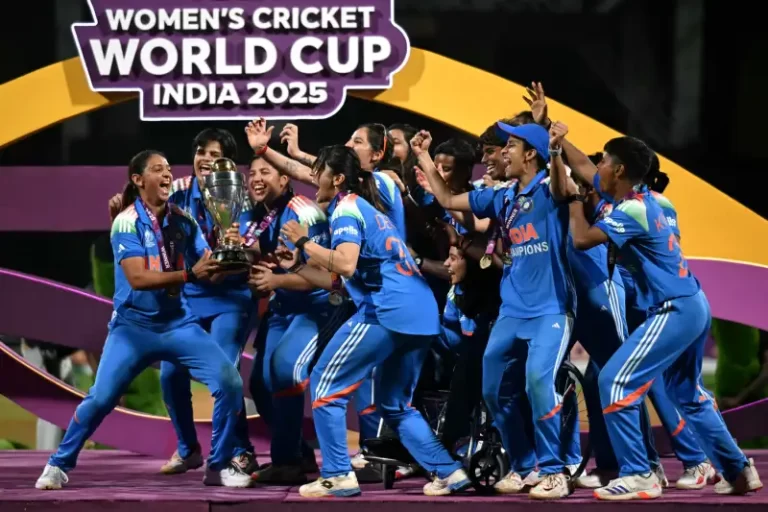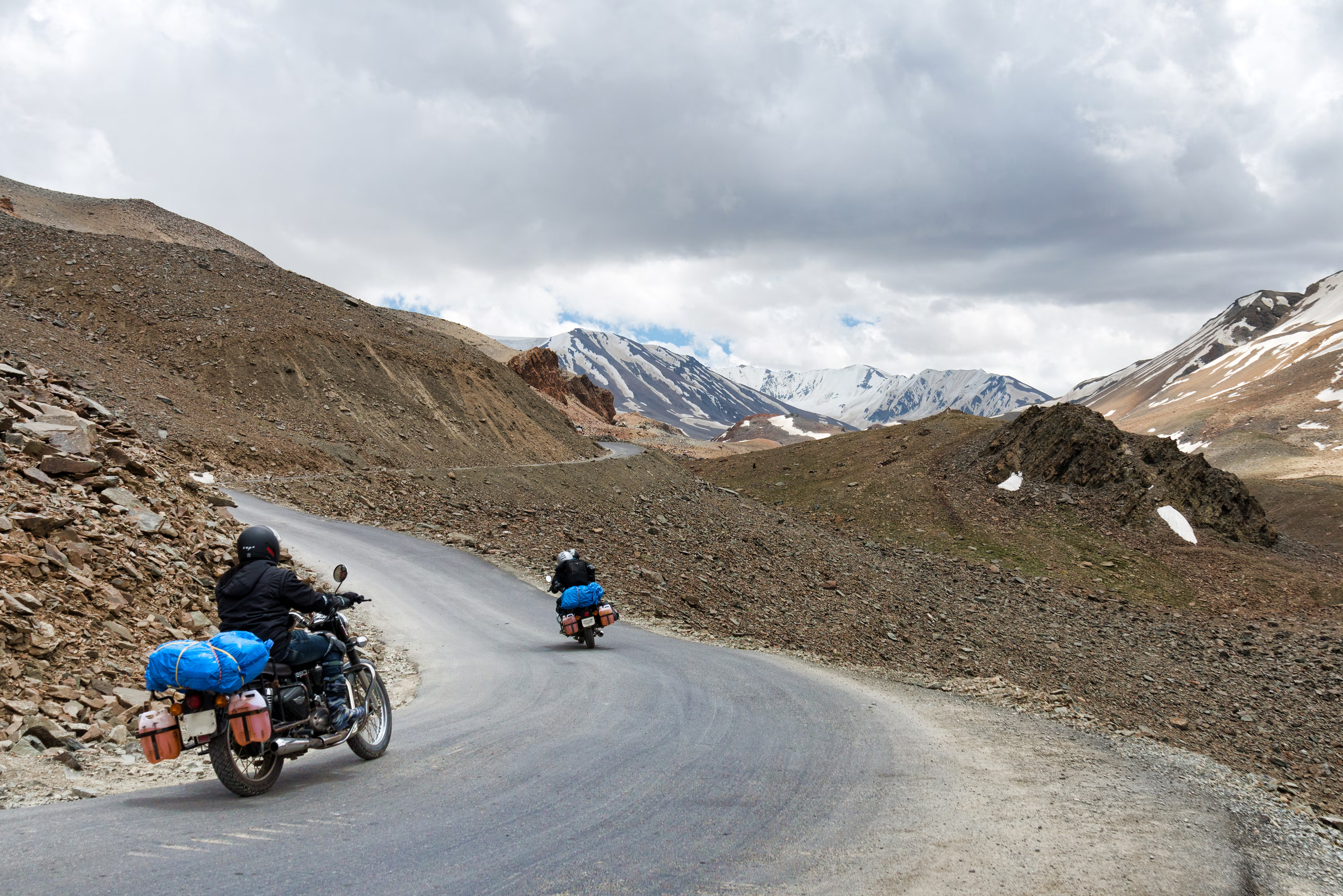The return to Phulera was exciting. Given the last three seasons of Panchayat have been so authentic to rural India with heartwarming slow-burn narratives, viewers tuned in this time for more of that charm and authenticity that makes the show special. Unfortunately, the lauki (bottle gourd) and the pressure cooker still put a smile on my face, this season has traded the lost flavour for an overcooked essence.
From Lauki to Pressure Cooker: the Plot Thickens, but Not Necessarily for the Better
Although the election face-off between Manju Devi (Neena Gupta) and Kranti Devi (Sunita Rajwar) seems to be steeped in the delightful small town rivalries we have come to know and appreciate, the seeming whimsy of voting symbols – the lauki (bottle gourd) and a pressure cooker – highlights how the show trades in, appropriately, trivial externalities that have deeper political meaning in the form of materialist ensembles.
There is a predictable, if not pleasing, escalation of the pun this season, where we come in with the first hints of panchayat elections between Kranti Devi and Manju Devi after the resolution of Season 3 should have, or at least, by contrast, threatened to restore what was once a stabilizing village community.
While the reality of rural India encompasses various electoral theatrics, as reflected in the plot here, the spirit of meaningfulness or human dignity begins to vaporise cognitively in the process of dramatising substantive conflict.
Lost in the Chaos: Underdeveloped Arcs and Fading Characters
A major disappointment this season is the sidelining of the main characters who were once the emotional focus of the show. Sachivji (Jitendra Kumar), Pradhanji (Raghubir Yadav), Vikas (Chandan Roy) and Prahlad (Faisal Malik) all seem to be aimlessly wandering through shallow subplots, without any substance or development of the meaningful emotional arcs they had in season one.
Even the female characters, who were set to become more important, are profoundly underutilised. Manju Devi, who had started to grow into her power and Rinki, who had just begun to come into her own identity, have been relegated to background characters.

Kranti Devi, who as a major supporting character added some much-needed spark to the narrative with her intensity, is also diluted. Though she still provides some level of exertion in the narrative, her character is significantly less fierce than at the beginning of the season.
A Shift in Tone: More Ambition, Less Heart
While the previous seasons were able to represent the unhurried pace of life in the village setting as it was originally designed, season 4, sadly, appears to be an attempted upgrade. It does this with longer episodes, seemingly higher stakes, and more characters. This raising of the stakes of the show comes at the expense of emotional intimacy.
The brilliance of Panchayat was in its simplicity, which was thoughtful, rather than the complexity brought about by cliffhangers or chaos. It was able to find gold in storytelling using the most simple elements of village life – solar lights, toilets in schools, and chairs missing at a wedding. And we thought it was still able to make you care.
At the end of the day, despite the loud, incoherent politics, Panchayat S4 still had its charm, a few enjoyable moments, brief nostalgic interactions, and even moments of stillness indicating possible wisdom. But the essence of the series, when it was a character-driven slow-burning slice of life production, appears to be compromised in favour of something more audacious and loud.
As fans of the series, we can only hope the creators of the series are able to get back to the heart of the matter, of their Phulera, where politics was personal, humour was understated, and change in quiet ways took time to accomplish.






